Public sector pay strikes 'almost inevitable'
- Published
- comments
Jane Carroll of the RCN says nurses are "really struggling" to make ends meet
One of the main public sector unions in Wales says industrial action over pay is now "almost inevitable".
Mike Payne from the GMB union was responding to a partial lifting of the 1% pay cap by the UK government.
Ministers said police officers would get a 1% rise plus a 1% bonus, with prison officers getting a 1.7% rise - both funded from existing budgets.
The Royal College of Nursing (RCN) said members were considering taking strike action for the first time ever.
Mr Payne, the GMB's political officer for Wales, said: "Unless the [UK] government are prepared to move and to start to negotiate with trade unions properly for pay rises that will start to see a growth in their earning capacity, then I think it's almost inevitable that strike action will follow."
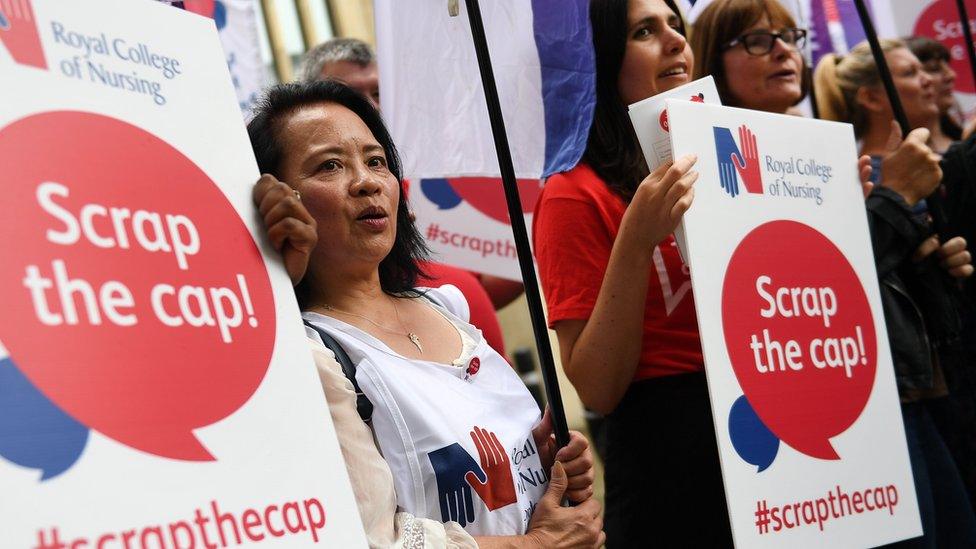
Nurses are among those who have campaigned against pay restraint
Jane Carroll, a senior officer with the RCN in Wales, said nurses were "really feeling the pinch", and claimed their their pay had fallen by 14% over seven years when inflation was taken into account.
"They're very angry and they're very disgruntled," Ms Carroll said of those she saw at a rally in London last week.
"For the first time ever Royal College of Nursing members are talking about industrial action."
Since the UK government announced pay caps will be lifted on Tuesday, Welsh Labour has been been urged by Plaid Cymru to lift the pay cap for public services under its control, such as health and education.
The Welsh Government said it supported the idea, but said the UK government should fund any resulting pay increases.
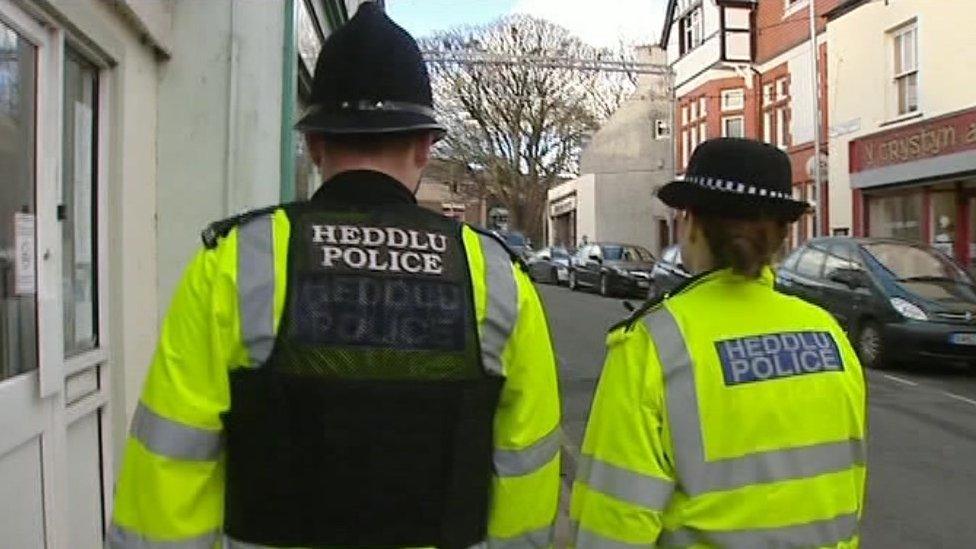
Police pay in Wales is the responsibility of the UK government
Meanwhile there is some confusion about whether new Welsh trade union legislation, which eases restrictions on strike ballots, would apply in the event of a UK-wide ballot on industrial action.
In England, a minimum threshold of 40% of those who vote need to support a strike for it to be legal.
The Trade Union (Wales) Bill, which became law last week, rules those measures no longer apply to devolved services such as health and education.
Lawyers for the GMB union are trying to establish whether the Welsh law would apply in the event of a ballot covering both England and Wales.
But the Welsh Government believes it would.
A spokesman said: "Under the Trade Unions (Wales) Act, a dispute between an employer and workers in a devolved public service, by definition, would not be an England and Wales vote as it is a devolved public service.
"However, were the dispute wider, for example broader public sector action on a pay cap, then workers in 'important public services' in Wales would be subject to different ballot terms than equivalent workers in England."
- Published12 September 2017

- Published12 September 2017
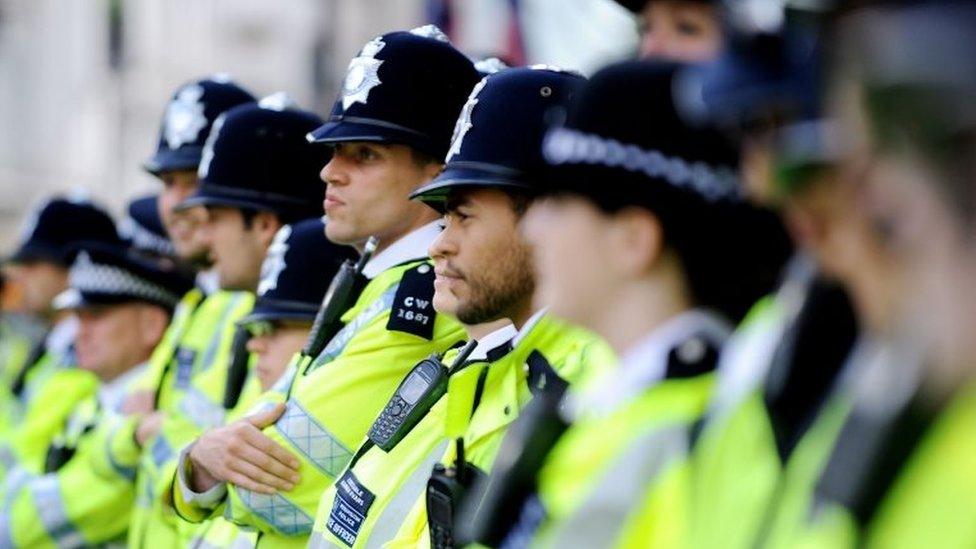
- Published5 September 2017
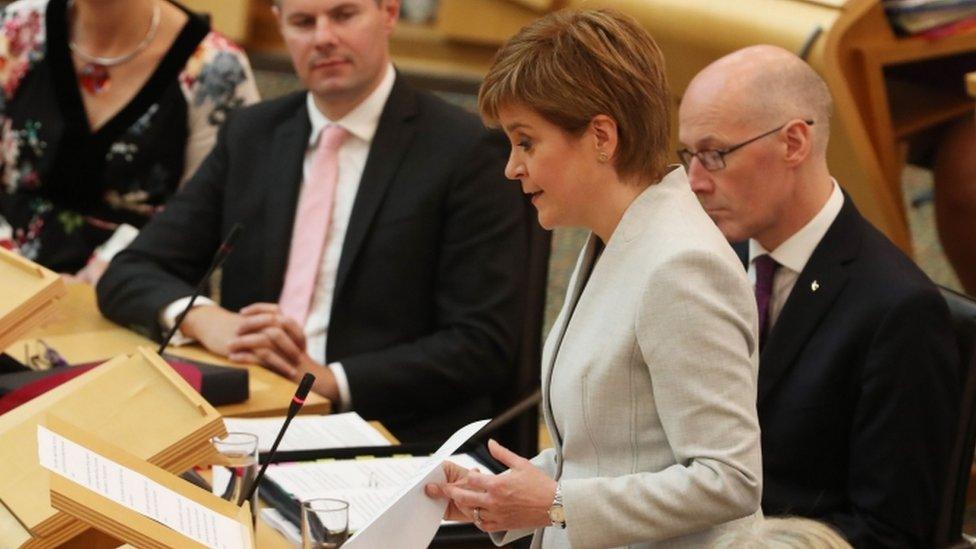
- Published28 June 2017

- Published14 June 2017
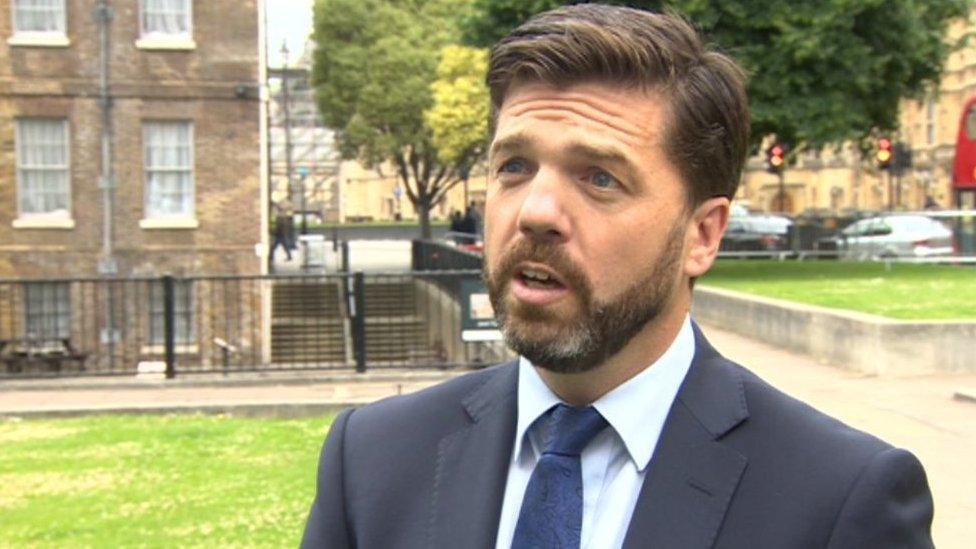
- Published4 July 2017
